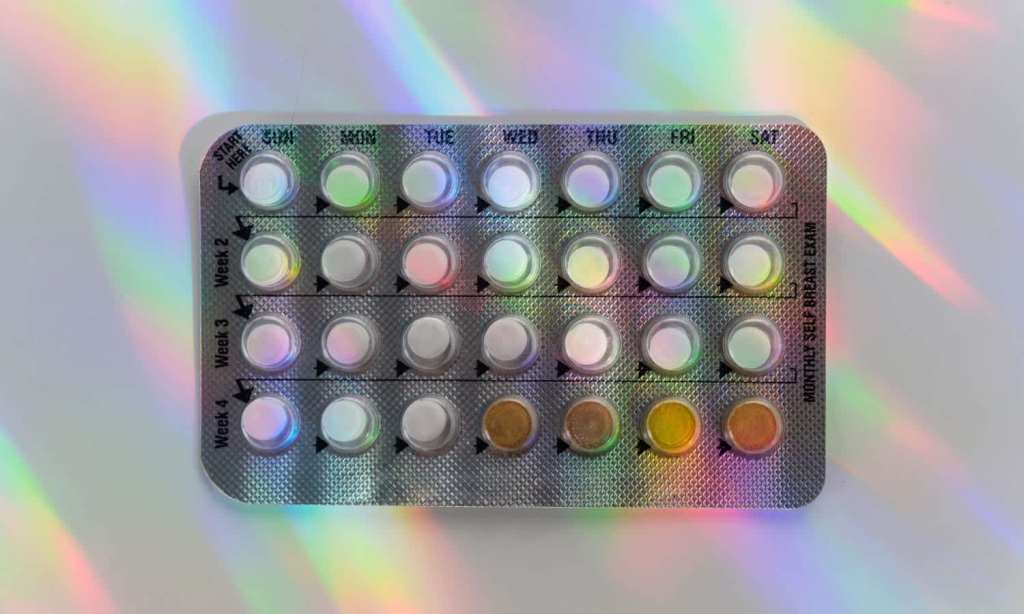Any medication you take, or any vaccination you get, has side effects. Look at your closest box of Panadol. Either written in small font on the back or within the leaflet contained inside are a list of potential side effects, as well as instructions as to who cannot use them.
If you’re a woman who has ever been on the contraceptive pill — and in Australia, it’s the most common method of contraception — that leaflet of instructions is more like a novella. It’s not just taken to prevent unwanted pregnancy, but also helps with acne, polycystic ovary syndrome, endometriosis, PMS and PMDD, and more.
And there are side effects out the wazoo, including blood clots. Health Direct, part of the government’s Department of Health, also lists it as a “disadvantage”.
In fact, one study found that compared to women not taking oral contraception, those who take it are almost eight times more likely to develop cerebral venous sinus thrombosis — a blood clot in the brain.
And as a woman who has previously been on The Pill, it’s interesting to witness the panic over the claim that the AstraZeneca vaccine causes blood clots. There is no denying there is a possible link between AstraZeneca and rare blood clots, something that the European Medicines Agency (EMA) announced earlier today.
Because of instances of blood clots following the vaccination, several countries halted their rollouts until more information was found; Chief Medical Officer Paul Kelly says the vaccine is “extremely effective and very safe.” The EMA itself said the vaccine is safe and its benefits outweigh the risks.
According to Business Insider, “the risk of getting a blood clot as a side effect of the pill is much higher than the likelihood of clotting due to the vaccine.”
The risk of rare blood clots is roughly four in one million, according to an article in The Telegraph UK — which based it on information from the Medicines and Healthcare products Regulatory Agency. The National Blood Clot Alliance, based in the US, says the risk of blood clots for women is one in 1,000.
And yes, sadly, there are deaths that emerge from taking the contraceptive pill — specifically, due to venous thromboembolism caused by hormonal contraception. Global stats were difficult to find, but in the US 136-260 healthy women die due to blood clots caused by contraception, according to one systematic review.
We’re not saying that this side effect of the vaccine isn’t concerning, or even sad when it amounts to a loss of life — just asking for the same energy when it comes to the exact same thing happening when it comes to contraception. And, statistically, at a much higher rate.
Read more stories from The Latch and subscribe to our email newsletter.







